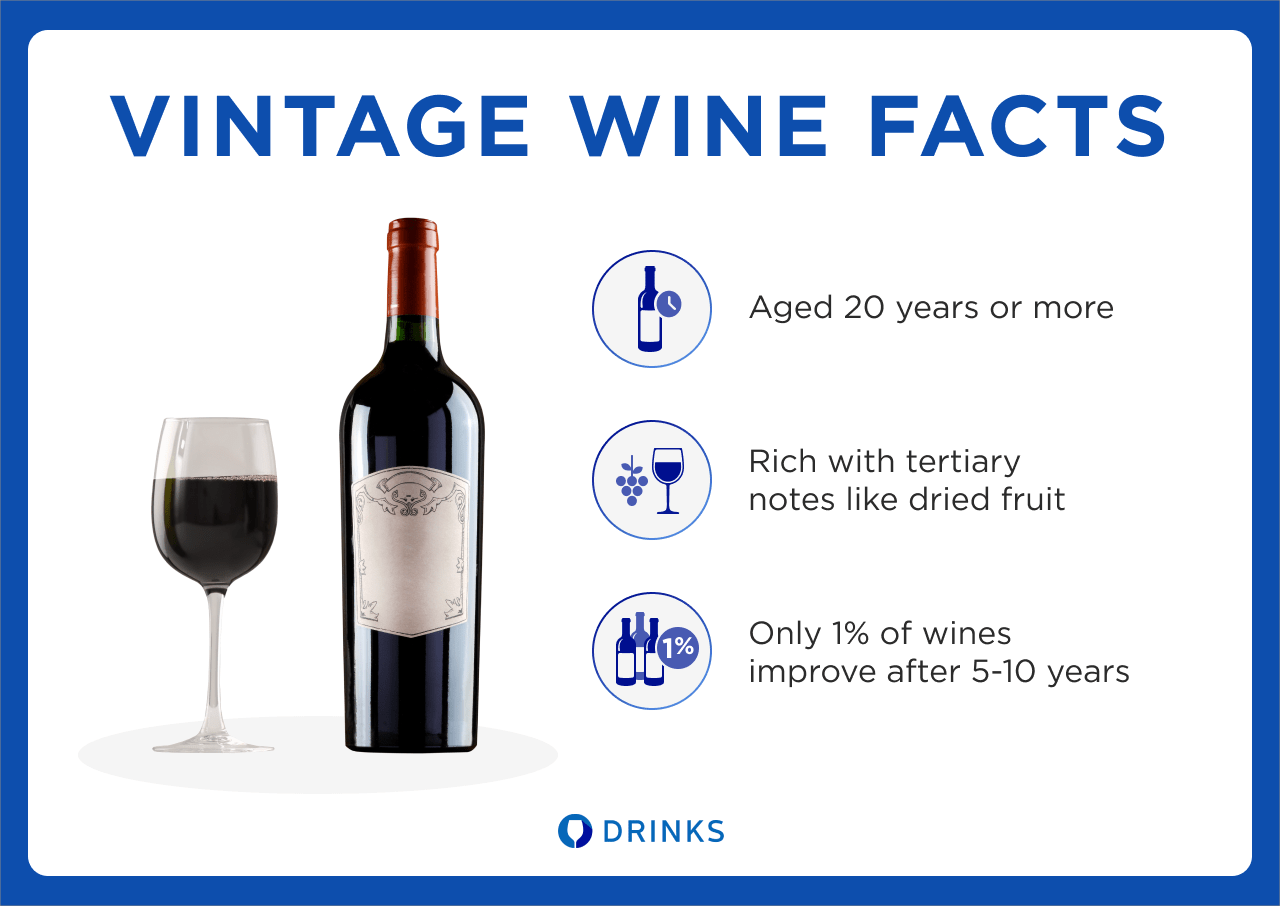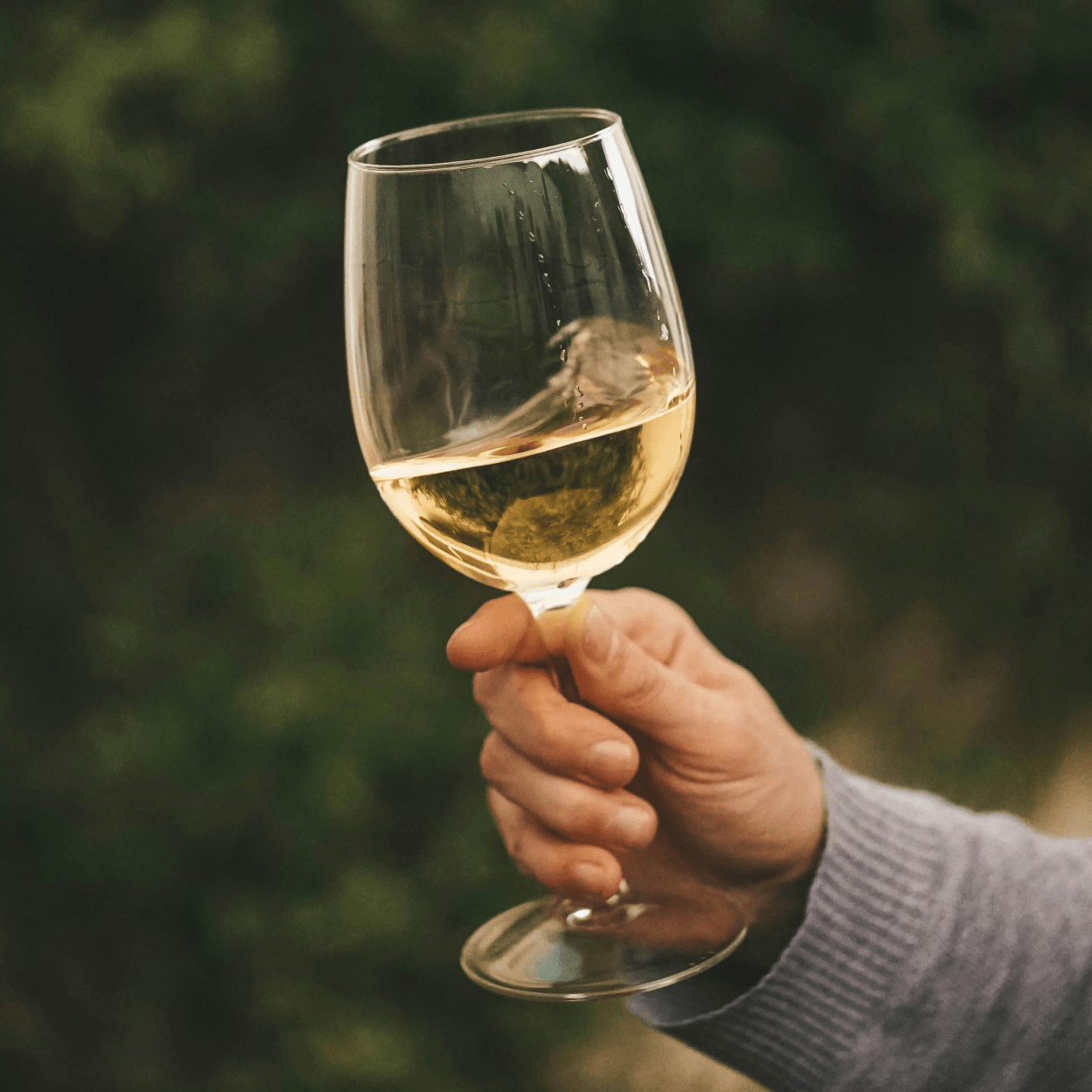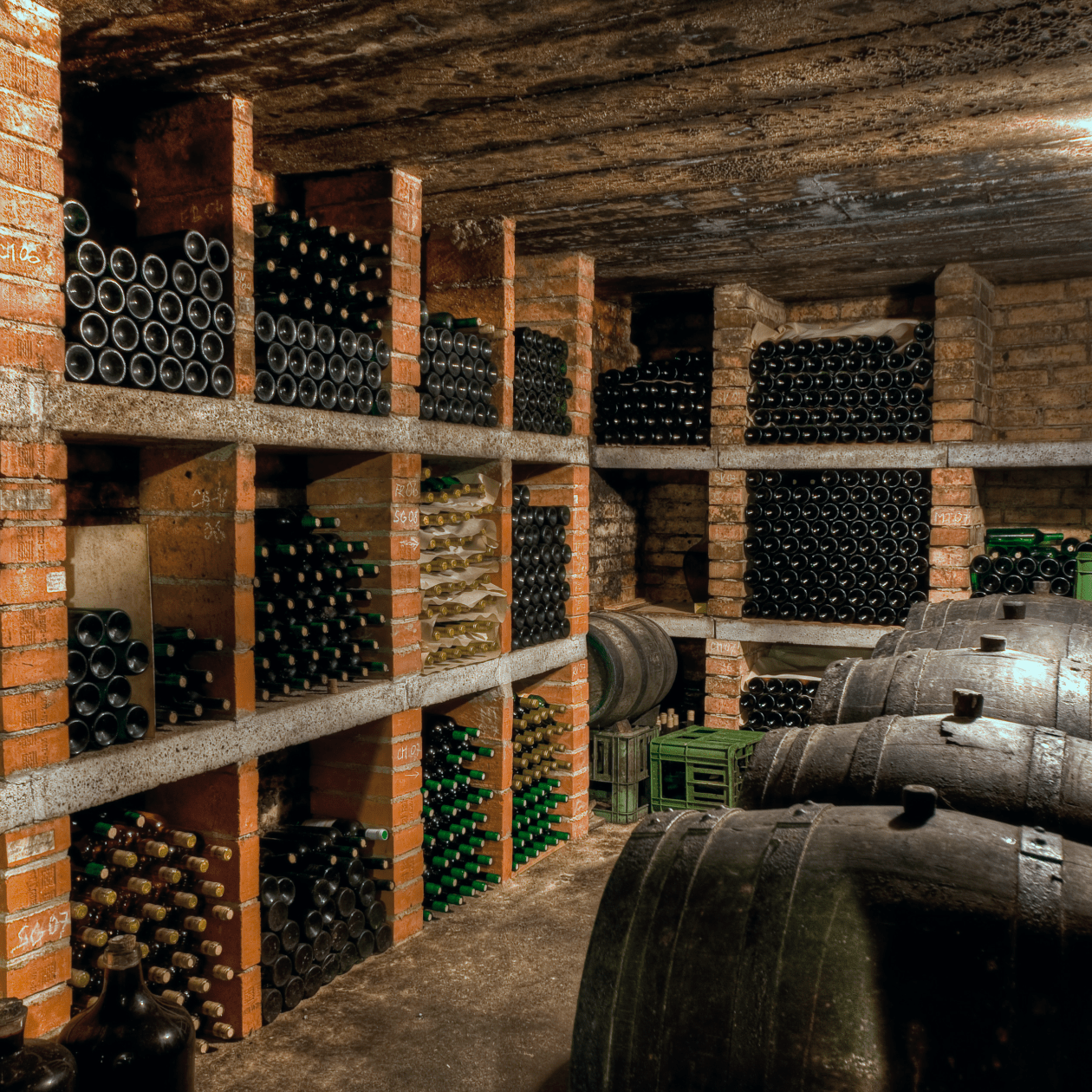Aged Wine: Are Old Wine Vintages Really Superior?
The idea of drinking wine is romantic, but there is a common misconception that vintage wines are always superior to wines bought from the supermarket.
In this article, you’ll find what constitutes a vintage wine, what wines age best, and if wine really does get better with age.
What is a Vintage Wine?
A vintage wine is a wine that has been aged for twenty years or more. “Vintage” can also refer to the year the grapes were harvested, which can be found on the wine label. For the purpose of this article, “vintage” refers to the age of the wine.
Let’s look at why you may want to explore vintage wine.
Why Drink Vintage Wine?
As wine matures with age, bright fruit flavors and aromas fade while tertiary notes like savory dried fruit, earth, smoke, tobacco, and rich honey reveal themselves. Red wines always become lighter with age, while white wines become darker in color.
Since older wine is heavier with uniquely bold flavors, it won’t be a quick, easy-drinking sipper like young wine.
The main reason for drinking vintage wine is that some wines are too potent to drink immediately. Some red wines are too tannic and bitter, while certain white wines have high acidity. Over time, phenolic compounds (tannins) break down, transforming from bitter and astringent to smooth and pleasant.
There are also unique qualities that can only be enjoyed after a longer aging process, like in the case of Riesling, which takes on motor oil and rubber textures and flavors. Other wines like Syrah will develop smoky, visceral notes like cured meats and violets, while Nebbiolo and Sangiovese take on sour cherry and rose notes.
Keep reading to find out if every wine truly gets better with age.

Does Wine Get Better With Age?
Wine aging has been around since the time of the Greeks and Romans. Back then, the longer a wine aged, the more sought after and valuable it was.
In the modern context, the answer to whether or not a wine gets better with age is not as clear.
According to experts, only 5-10% of wines improve with age after the first year, and only 1% improves after 5-10 years. This means there are very few wines worth drinking after a specific time, and finding these requires a lot of research and possibly a high financial investment. However, it’s possible to find less expensive wines with excellent long-term aging, but this calls for seeking out wineries specializing in affordable, excellent-aged wines.
A good rule of thumb is that all wines from the store priced around $30 or less are ready to drink now. Heavier red wines may last for a year or two if left unopened, but lighter white wines and Rosé go bad quickly, sometimes as soon as a day or two after opening.
In general, vintage wines are only sometimes better than those ready to drink. It depends on preference and if the wine will benefit from aging.
Let’s take a look at which wines benefit the most from aging.

Wines That Benefit From Aging
Whether a wine will benefit from aging depends on several factors, such as the seasonal conditions in the vineyards, when the grapes were harvested, the terroir (soil), and how long the wine was aged in the barrel.
Wines with a high alcohol content (ABV), residual sugar, and acidity also have greater aging potential.
Below are some general examples of wines that may benefit from aging.
Robust Red Wines
While Merlot and Cabernet Sauvignon boast plum and bright red berry notes when young, secondary notes of tobacco and smoke won’t reveal themselves until after they’ve aged. Other bold reds that may benefit from aging include Nebbiolo, Tempranillo, Aglianico, and Sangiovese.
Red wines with a low PH, like Pinot Noir, are also excellent contenders for aging and will reveal earthy, wet moss notes over time.
Acidic White Wines
In general, white wines won’t age as long as red wines, primarily due to their lack of phenolic compounds (tannins), which come from the grape skins. Since white wines only touch the skins briefly (if at all), there are fewer tannins to help prevent breakdown over time. But what many white wines like in tannins, they make up for in acidity.
When young, Sauvignon Blanc, Viognier, and Riesling will exhibit grassy and citrus notes with bright acidity. Over time, the acidity will mellow out, leaving behind dried citrus, candy, and honeyed flavors.
Chardonnays may also be able to age due to their higher acidity, alcohol content, and phenolic compounds that have been acquired during barrel aging (in the case of full-bodied, buttery Chardonnay).
Fortified Wines
Fortified wines are some of the best contenders for long-term aging, as their high alcohol and sugars preserve their flavors. These wines have added liquor and were originally crafted to maintain their high quality during ship exports, which could last several months to a year.
These wines may take on rich, spicy caramel flavors over time. Port, Sherry, and Marsala are fortified wines with aging potential.
Does Wine Age in the Bottle?
Yes, wine ages in the bottle, especially at home or in a designated cellar. However, most wines undergo aging for several months to a couple of years in oak barrels or steel vats, depending on the type of wine. This is the last step in the winemaking process.
How Long Can You Age Wine?
Even the most cellar-worthy wine shouldn’t be aged for twenty years. Below are some general guidelines for how long each type of wine should age. However, it’s essential to research recommendations given by winemakers and sellers, as a lot of this may not apply to regular grocery store wines.
- White Wines: most are typically at their prime within five years of bottling
- Thin-skinned Red Grapes: best enjoyed within 5 to 7 years
- Thicker-skinned Red Grapes: best enjoyed within 5 to 10
Best Conditions for Wine Storage
It’s important to note that once you open a bottle, there’s no way it can be aged. As soon as wine is exposed to oxygen, it begins breaking down. There is also a little bit of oxygen stored within the neck of the bottle already, and smaller amounts of oxygen will leak in through the wine cork over time.
For wines that can age, having a designated space for storing your bottles of wine, such as a wine cellar or wine refrigerator, is vital.
Below are the primary conditions you’ll need when storing your wine:
- Dark Space: Nothing breaks down a wine faster than exposure to UV rays, so keeping it away from sunlight is essential.
- Cool Temperatures: The optimal temperature for aging wines is 55 - 65 degrees Fahrenheit.
- Humidity: as close to 70% as possible.
- Wine Rack: wines should always be stored on their side or at a 45-degree angle with the cork facing downward to keep sediment in the neck. It’s also important to rotate the wine periodically to keep the cork from drying out.

Ready to Try Vintage Wine?
If you think vintage might suit your wine taste, maybe it’s time to give these retro items a try. Keep in mind that most wines are not up for long-term aging, and those that are will bear distinct, heavy notes over time.
If you’d like to enrich your wine knowledge further, check out our Podcast and Wine Online 101 for everything related to the world of wine.
As a leader in the alcohol e-commerce wine industry, we can’t wait to share our expert knowledge with you.